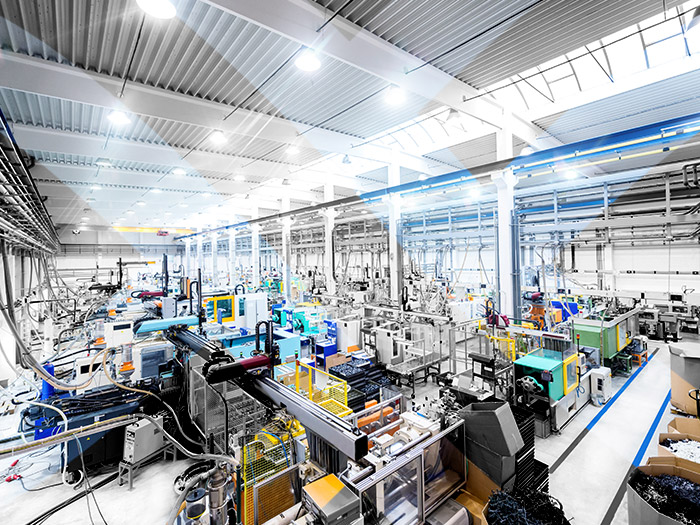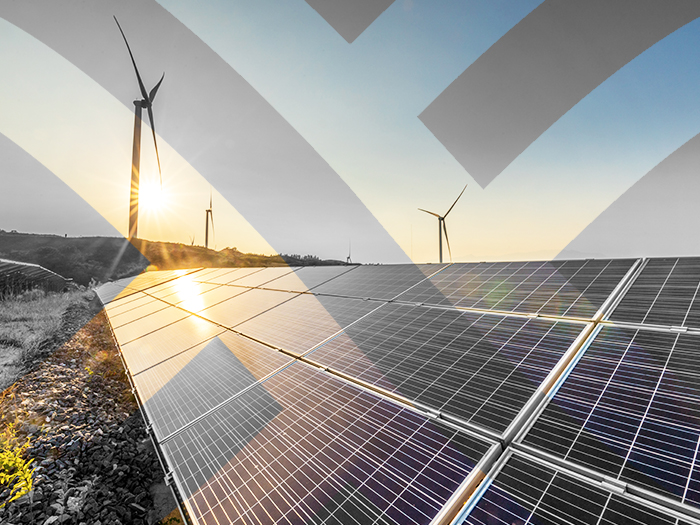News
better business decisions
Posted 1 year ago | 4 minute read

Government confirms six-year extension to CCA scheme
The UK government has confirmed that the Climate Change Agreement (CCA) will be extended for an additional six years.
The CCA scheme aims to support energy-intensive industries in reducing carbon emissions. Between November 2023 and February 2024, the government consulted on proposed updates to the CCA scheme and its extension. Here’s a breakdown of the key points from the consultation and what it means for businesses.
What is the CCA?
The Climate Change Agreements (CCA) scheme is a voluntary program that encourages businesses to improve their energy efficiency and reduce their carbon dioxide emissions. Businesses sign agreements with the Environment Agency to meet energy efficiency targets in exchange for a discount on the Climate Change Levy (CCL), which is a tax on energy use in industry, commerce, and the public sector.
Six-year extension
In November 2023, the previous government confirmed that there would be a new six-year CCA scheme that continues the incentive of reduced CCL rates for eligible businesses in return for delivery of negotiated energy efficiency or carbon targets.
The current government re-affirms a new 6 year scheme. Having a 6-year CCA scheme gives eligible businesses confidence in the longer term measures necessary beyond business-as-usual investments.
The new CCA scheme will have targets to the end of 2030 and provide CCL reduced rates for those meeting their obligations until March 2033.
The maximum percentage discounts on CCL rates for 2023–2024 are:
- 92% for electricity
- 88% for natural gas
- 77% for liquefied petroleum gas (LPG)
- 88% for other taxable commodities
These financial incentives are significant, offering tax savings estimated at £310M annually for over 2,600 participating businesses. This extension enables industries to maintain their competitiveness while meeting ambitious energy reduction goals, reinforcing the UK’s commitment to a sustainable future.
New target periods and baseline
The targets under the current scheme end on 31 December 2024 with reduced Climate Change Levy (CCL) rates available until 31 March 2027 for those who meet targets and other obligations under the scheme, such as reporting or paying buy out fees. New energy reduction goals will come into effect for the extended phase, starting in January 2026. The baseline year for energy reporting will shift to 2022.
Easier entry for new participants
One of the most applauded outcomes from the consultation is the plan to simplify the entry requirements for businesses new to the CCA scheme. By lowering barriers to participation, the government aims to encourage more companies to invest in energy efficiency initiatives and increase the scheme’s overall impact.
New entrants in existing sectors will be able to join the scheme between 1 January to 31 August in every year throughout the scheme and will not be required to wait a minimum period before being certified to receive CCL relief. To join from the start of the first Target Period under the new scheme, using existing eligibility criteria as set out in the existing legislation, new entrants in existing sectors will be able to apply to join the scheme from 1 May to 31 August 2025.
Sectors/processes who expressed an interest in joining the scheme will be assessed against eligibility criteria. The indicative timing for decisions from assessing the eligibility of any new sector/process to join the CCA Scheme is Spring 2025. Subject to parliamentary approval and timings, the legislative requirements and subsequent operational processes to assess new applications are likely to mean that new sectors will not be able to join until 1 January 2027.
Preparing for the future
The next phase of the CCA scheme, beginning in 2026, marks a pivotal moment for energy-intensive industries. Businesses must prepare for the final reporting period of the current scheme while aligning strategies to meet upcoming targets. The extension represents both an opportunity to deepen carbon reduction efforts and a challenge to adapt to evolving expectations.
GridBeyond has developed a unique AI-powered platform that is accelerating the transition to a net-zero energy sector. Our platform, Point, integrates with and optimises energy demand and generation assets of all shapes and sizes, from refrigeration and arc furnaces to batteries and solar PV, helping our customers make more strategic decisions about the way energy is created, stored and managed – helping your business and the wider energy sector reach net zero.

Building Net Zero
The path to net zero starts with accurate carbon accounting. But evaluating your performance can be challenging owing to the complexity of collecting and reporting on emissions data from multiple sources and changing standards for disclosures.
Learn more





